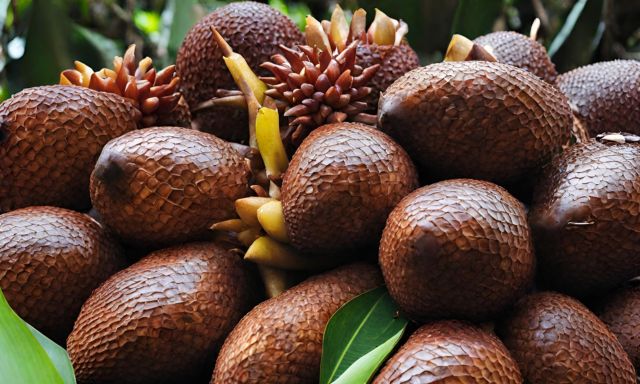Fun Facts About Bali Beyond the Brochures

Bali is more than just a beach destination, it has plenty of surprises and unique experiences. Here are 10 fun facts about Bali that show what makes this island stand out and worth checking out.
The Tooth Filing Tradition (Potong Gigi)
Bali’s “Potong Gigi” tradition is more than just a dental check-up. It involves filing down the canine teeth, which are believed to represent negative traits. This ritual marks a rite of passage, often for young people, symbolizing the shift from wild instincts to a more civilized nature. It’s all about seeking inner peace and balance, and it’s a meaningful ceremony that connects generations.
Bali Aga and Their Pre-Hindu Culture
In Tenganan, you’ll find the Bali Aga people, who live by ancient customs that predate Hindu influence. This village is like a living museum, where you can see traditional ceremonies, unique weaving techniques, and ancient rituals that give you a glimpse into Bali’s rich history. The Bali Aga maintain their distinct identity, celebrating their unique language, music, and festivals that have been passed down through the ages.
Bali’s Native Snake Fruit (Salak)
Have you tried “salak,” or snake fruit? This intriguing tropical fruit has reddish-brown, scaly skin that looks like snake scales, and its sweet, tangy flesh is a delightful surprise. It’s not just tasty; it’s also a popular snack among locals. Visitors often buy it as a quirky souvenir, and you can find it in local markets throughout the island.
The Unusual Burial Tradition of Trunyan
In Trunyan, a village by Lake Batur, the burial customs are unlike anything you’ve seen. Instead of traditional graves, the deceased are placed near a sacred tree to decompose naturally. This unique practice is rooted in the belief that the tree absorbs the odors, making it a fascinating cultural experience for visitors. It’s a reflection of how the community views life, death, and nature.
Bali Pawukon Calendar
Bali has its own unique calendar, the Pawukon, which consists of 10 weeks that overlap, each with a varying number of days. This system, totaling 210 days, influences everything from religious ceremonies to agricultural practices. For Balinese people, the Pawukon is deeply tied to their culture, helping them organize festivals and farming cycles according to sacred times.

The Ingenious Subak Irrigation System
The Subak irrigation system, recognized as a UNESCO World Heritage site, is a brilliant example of sustainable farming in Bali. Developed in the 9th century, it shows how farmers work together to manage water resources efficiently. This cooperative approach not only supports rice cultivation but also strengthens community bonds and reflects the Balinese philosophy of harmony with nature.
Ogoh Ogoh Parade on Nyepi Day
Nyepi, the Balinese New Year, features the impressive Ogoh-Ogoh parade. Massive, colorful effigies representing demons are crafted with great skill and paraded through the streets, creating a lively spectacle. This parade is part of the island’s purification rituals, symbolizing the banishment of evil spirits and setting the stage for a day of silence and reflection.
Bali Unique Alphabet – Aksara Bali
Bali’s script, known as “Aksara Bali,” is used primarily for religious texts and inscriptions. It has roots in ancient Javanese script and plays a crucial role in preserving the island’s culture. This beautiful writing not only appears in temples and ceremonies but also enriches Balinese literature, making it an essential part of the island’s spiritual and artistic heritage.
Distinctive Balinese Architecture
Bali’s traditional architecture is a visual feast, marked by intricate carvings and unique designs based on ancient scriptures. These buildings aren’t just pretty; they tell stories of culture and spirituality. Each structure is built with a purpose, reflecting harmony with nature and the beliefs of the Balinese people, making them a key part of the island’s identity.
Diverse Monkey Population
Bali’s jungles are home to a wide variety of monkeys, including long-tailed macaques and critically endangered Javan langurs. These playful monkeys are not only entertaining to watch but also play vital roles in the ecosystem, helping to disperse seeds and maintain the health of their habitats. Visiting places like the Ubud Monkey Forest lets you see them up close while learning about their behavior and importance.
Bali is full of surprises! From rich traditions and unique fruits to stunning beaches and breathtaking sunsets, it’s a fantastic destination that should definitely be on your travel list.


